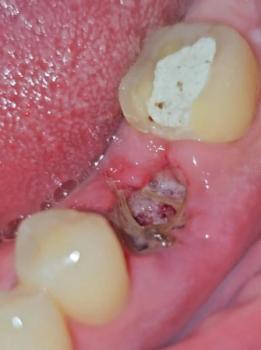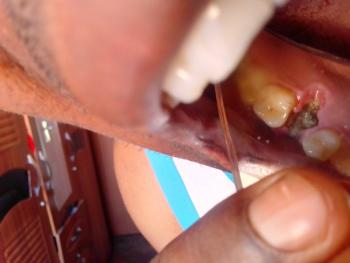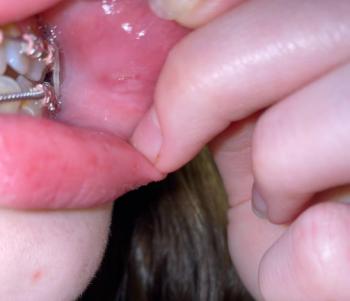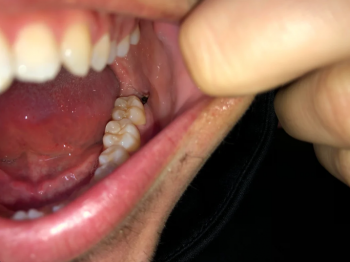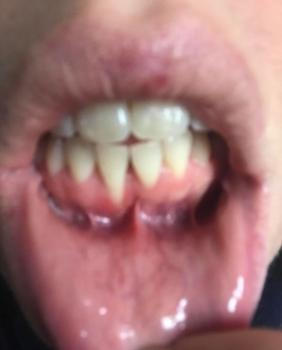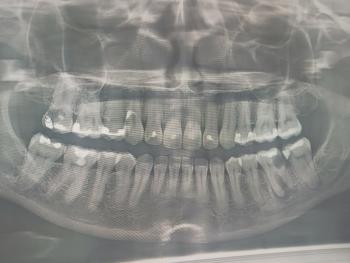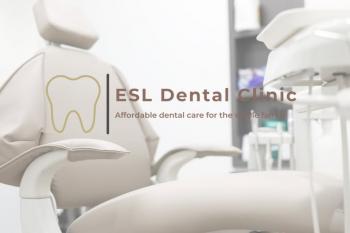Dentures That Feel Natural, Look Beautiful.
Hot to Cold: How Temperature Shocks Damage Your Teeth (Dentist’s Warning)
Language :
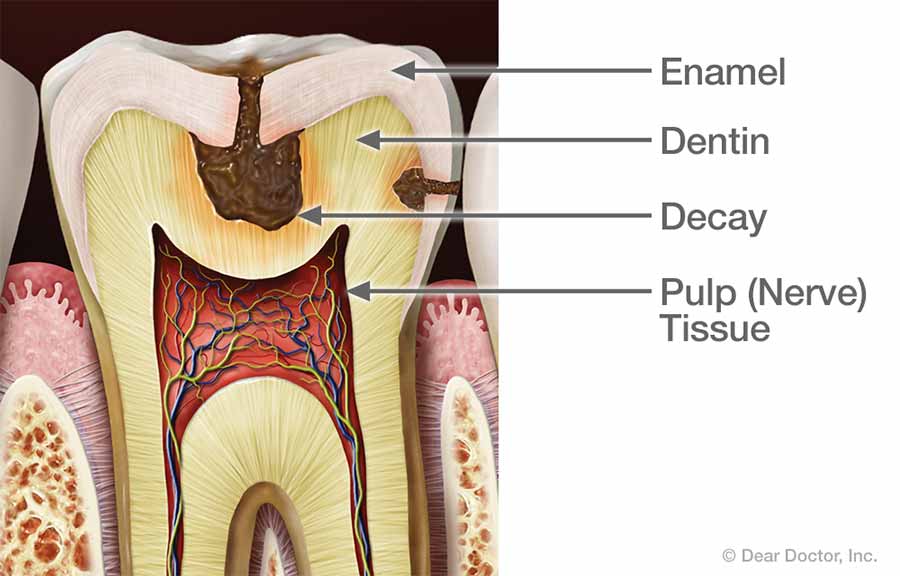
The Effects of Alternating Cold and Hot on Your Teeth
-
"Can drinking cold water then hot soup crack teeth?"
-
"Why do my teeth hurt when I eat ice cream after coffee?"
As a dental expert with 20 years of experience, I’ve seen many patients damage their teeth by exposing them to extreme temperature changes—like drinking ice-cold water and then immediately eating scalding hot soup. Here’s what happens inside your mouth and why it’s harmful over time.
1. What Happens to Your Teeth & Nerves?
-
Tooth Enamel Expands & Contracts – Enamel (the hard outer layer) reacts to temperature changes. Cold makes it contract, heat makes it expand. Rapid shifts can cause micro-cracks, weakening teeth over time.
-
Dentin & Nerve Sensitivity – Under the enamel is dentin, which contains tiny tubules leading to nerve cells. Sudden temperature shocks trigger sharp pain ("tooth shock") as the nerve reacts violently.
-
Pulp Inflammation – The dental pulp (nerve center) can become irritated, leading to chronic sensitivity or even pulpitis (inflammation requiring a root canal).
2. Chemical Reaction in Nerve Cells?
-
Nerves in teeth (odontoblasts) send electrical signals to the brain when stimulated by extreme temps.
-
TRP ion channels (like TRPV1 for heat & TRPM8 for cold) get overstimulated, causing pain.
-
Repeated shocks may desensitize nerves temporarily, but long-term exposure leads to chronic sensitivity or nerve damage.
3. Is This Healthy If Done Daily?
No! Over time, this habit can cause:
Increased tooth sensitivity (pain when eating/drinking anything hot/cold)
Hairline cracks in enamel (leading to fractures)
Higher risk of cavities (weakened enamel = easier for bacteria to attack)
Gum irritation (temperature extremes can affect gum tissue)
Realistic Story: "The Coffee & Ice Cream Habit"
Meet Alex, a 35-year-old office worker who loved his routine: a sip of iced coffee, then a bite of steaming-hot pizza. At first, he felt just a slight zing—no big deal. But after months of this, his teeth started aching constantly. Drinking room-temperature water even caused discomfort.
His dentist found multiple micro-fractures and early gum recession. "Your enamel is stressed," the dentist explained. "If you keep this up, you’ll need bonding or crowns to repair the damage."
My Professional Advice:
Wait a few minutes between hot & cold foods/drinks.
Use a straw for icy drinks to bypass teeth.
Strengthen enamel with fluoride toothpaste & remineralizing treatments.
Visit your dentist if you already have sensitivity—early intervention prevents worse damage.
Bottom Line: Your teeth aren’t designed for thermal shock. Treat them gently, and they’ll last a lifetime!

